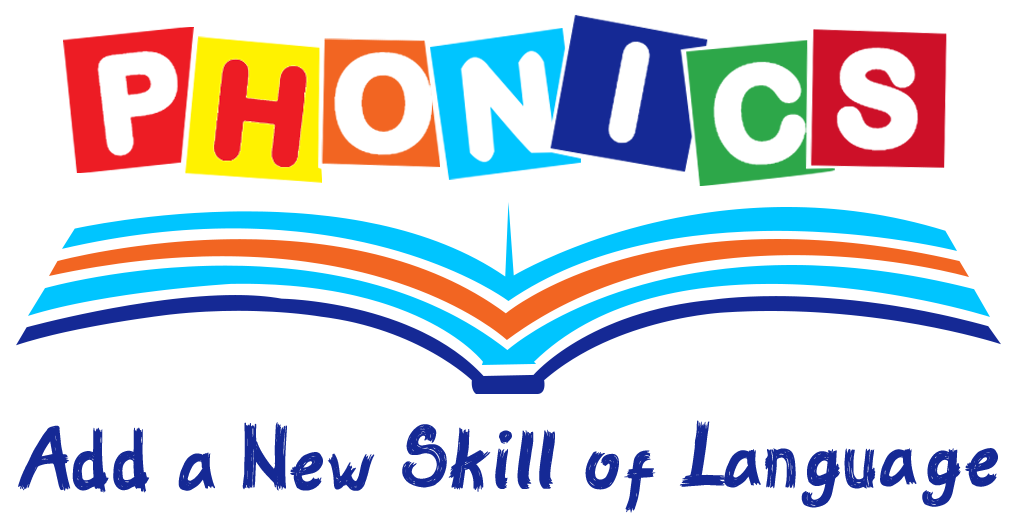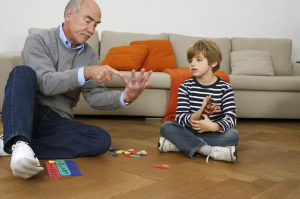Do you know what phonological awareness for children is? Recognizing rhymes, identifying initial and final sounds in words, breaking words into syllables, etc., are some of the behaviors related to phonological awareness. It can then be affirmed that the phonological awareness is responsible for the recognition and manipulation of the phonological units of spoken language, which makes it an indispensable skill for the process of acquisition of literacy. These skills can be improved through phonological awareness activities for children.

This metalinguistic ability has three basic components:
- Rhyme factor,
- Syllable factor
- Phoneme factor (the latter being the most important for learning to read and write).
Why is Phonological Awareness so important for children?
Phonological awareness develops initially through the acquisition of language. As is well known, between birth and 6 years of age, language develops at an exponential rate in all its components (phonology, lexicon, morphology, syntax, semantics and pragmatics).
The studies of the levels of CF have been approached mainly based on three levels which are:
- Lexical awareness: Ability to identify the words that make up sentences and manipulate them deliberately (including in the broad sense). Example: Ask how many words are in a given sentence (5 in “The train was late”).
- Syllabic awareness: Mental ability and ability to segment and manipulate the syllables that make up words. Example: Ask how many syllables (bits) there are in a word (3 in “castle”).
- Phonemic awareness: Ability to segment and manipulate the smallest units of speech that are phonemes. Example: Asking how many sounds are heard, in one word: / e / / l / / e / / f / / a / / n / / t / / e /, presents 8 sounds.
It is common to find children with difficulties when writing a sentence, where they put all the words together, or when writing a word, they reverse the order of the syllables. This type of difficulty is probably due to the fact that the lexical and syllabic awareness has not been worked correctly at the time of the literacy process. In these cases, the first thing to work on is lexical awareness, teaching the child to discover words as units that make up a whole, the sentence. It is important to start with this, since children have a thinking that goes from the global to the concrete.
FC should be taught before or during the beginning of access to literacy, since the introduction of games and activities that require analyzing language in the phonological field seem to develop phonological skills that are necessary to access reading and writing. Therefore, these skills should be part of the curriculum for Early Childhood Education and the first cycle of Primary Education.
Development of phonological awareness for children
FC emerges gradually, so that from the age of 4 children can make judgments about syllables. From the age of 5 they can think about smaller units, the intrasyllabic ones, such as the starter and the rhyme, but until the beginning of formal schooling (6–7 years) they are not able to reflect on each and every one of the smaller units, phonemes. In fact, there would be a universal sequence in the development of FC (Defior, 2004), which would go from the largest to the smallest units. The levels of phonological knowledge in the preschool stage are mainly the result of experiences with oral language (oral games in early childhood, interaction with classmates and adults, increased vocabulary, etc.) and, as it is in the case of Australian, the simplicity of the phonological system helps children to detect the most salient sound components of speech early on. This knowledge contributes to the learning of alphabetic written codes and, at the same time, is noticeably increased with this learning.
Initial development of phonological awareness
At these levels of pre-school education from 4 to 5 years old and from first to second grade, a systematized work on phonological awareness should be carried out by the teacher, for which the following activities are suggested:
- Recognizing rhymes, syllables, and the starting sound helps you understand that words have sounds as well as meanings.
- Matching sounds into words (/ p / / i / / n / / o = pine) will help you decode words.
- Segmenting words into sounds (hair = / p / / e / / l / / o /) will help you better understand the spelling of words.
Other names for phonological awareness for children: Also known by the names of phonological metaknowledge, metalinguistic skills, metaphonological knowledge, or phonological knowledge. At phonics.com.au, you can find the best phonics game materials for your children to help them learn how to read while having fun.


